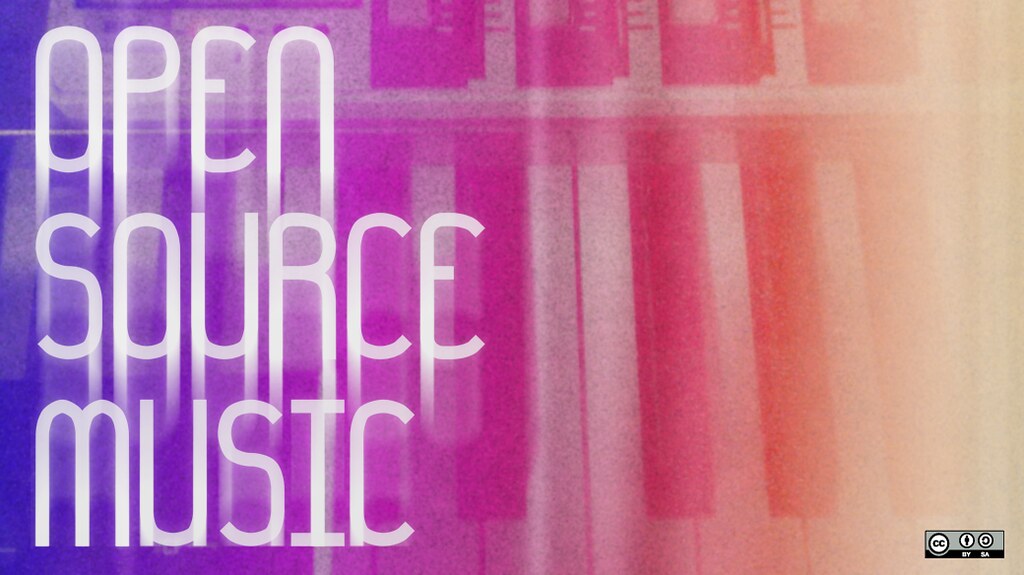As a music producer, you know that having the right tools can make or break your creative process. And when it comes to processors, choosing the wrong one can lead to frustrating delays and overall poor performance. With so many options available on the market, it can be difficult to determine which processor is truly the best for music production tasks. In this blog post, we’ll dive into the world of processors and explore which ones reign supreme for music production, giving you the knowledge you need to make an informed decision for your setup.
Table of Contents
Introduction: Understanding the Importance of Choosing the Right Processor for Music Production
Choosing the right processor is crucial for any music producer looking to create high-quality tracks. A processor’s performance can significantly impact the speed and efficiency of music production tasks, such as mixing, mastering, and rendering. It’s essential to consider several factors when selecting a processor for music production, including clock speed, core count, cache size, and thermal design power.
Music production software can be demanding on a computer’s hardware resources, so having a powerful processor is essential to ensure smooth operation. The right processor can also help reduce latency issues and improve overall audio quality. In this article, we’ll explore some of the top processors for music production tasks and provide real-world examples of how different processors affect music production workflows. By the end of this article, you’ll have a better understanding of what to look for when choosing a processor for your music production needs.

The Top Processors for Music Production: A Comparative Analysis
When it comes to music production, processor speed and multithreading capabilities are crucial factors to consider. The top processors for music production tasks include the Intel Core i9-10900K, AMD Ryzen 9 5900X, and Intel Core i7-11700K.
The Intel Core i9-10900K boasts a base clock speed of 3.7 GHz and can reach up to 5.3 GHz with its Turbo Boost Max Technology 3.0. It also has 10 cores and 20 threads, making it ideal for handling multiple tasks simultaneously.
On the other hand, the AMD Ryzen 9 5900X has a base clock speed of 3.7 GHz and can reach up to 4.8 GHz with its boost clock. It has 12 cores and 24 threads, providing excellent multithreading capabilities for music production workloads.
Lastly, the Intel Core i7-11700K has a base clock speed of 3.6 GHz and can reach up to 5.0 GHz with its Turbo Boost Technology. It has eight cores and sixteen threads, making it a great option for those on a budget who still need solid performance.
Overall, each processor has its strengths and weaknesses, but the AMD Ryzen 9 5900X is currently considered the best processor for music production due to its superior multithreading capabilities and overall performance benchmarks.
Performance Benchmarks: Which Processor Comes Out on Top?
When it comes to performance benchmarks for music production, CPU clock speed and number of cores are the most important factors. Intel’s Core i9-9900K processor with a base clock speed of 3.6 GHz and 8 cores is considered one of the best processors for music production tasks.
AMD’s Ryzen Threadripper 2990WX with a base clock speed of 3.0 GHz and a whopping 32 cores is also an option to consider if you require heavy multitasking capabilities in addition to music production.
In terms of single-threaded performance, however, the Intel Core i9 still edges out the AMD Ryzen Threadripper. This means that it may be better suited for tasks that rely on quick response times such as live performances or recording sessions.
Ultimately, your choice will depend on your specific needs and budget, but both options offer impressive power that can handle even the most demanding music production workflows with ease.

Factors to Consider When Choosing a Processor for Music Production
When choosing a processor for music production, there are several factors to consider. One of the most important is processor speed. The higher the clock speed, the faster your computer can complete tasks such as rendering audio files or running effects plugins in real-time.
Another important factor is the number of cores****. Music production software often benefits from multi-core processors, which allow you to run multiple processes simultaneously without slowing down your system.
It’s also worth considering the cache size and memory bandwidth of different processors. A larger cache can help improve performance when working with large sample libraries or complex projects, while higher memory bandwidth will ensure that data moves quickly between the processor and RAM.
Lastly, it’s essential to consider compatibility with other hardware components such as motherboards and graphics cards. Choosing a compatible CPU will ensure that all parts work together seamlessly, resulting in better overall performance for music production tasks.

Real-World Examples: How Different Processors Affect Music Production Workflows
Real-World Examples: When it comes to music production workflows, choosing the right processor can make or break your productivity. Let’s consider an example of a producer using Ableton Live and various VST plugins for their music creation process. An Intel Core i9 processor with a high clock speed and multiple cores would allow for smooth playback without any hiccups, as well as faster render times when exporting finished tracks.
On the other hand, if you’re mainly working with audio mixing and editing, then an AMD Ryzen Threadripper may be more suitable due to its large number of cores. This allows for faster processing of audio files, making batch rendering a breeze.
Ultimately, it’s important to understand the specific tasks involved in your music production workflow and choose a processor accordingly. Don’t skimp on this crucial component if you want to achieve maximum efficiency and output quality.
In conclusion, choosing the right processor for music production tasks is crucial to ensure that your workflow runs smoothly and efficiently. By comparing the top processors on the market, analyzing their performance benchmarks, and understanding how different factors can affect your decision-making process, you can make an informed decision when selecting a processor that best suits your needs.
If you’re looking to learn more about music production equipment and techniques, be sure to check out our other content. We have a wealth of information on everything from software and hardware recommendations to tutorials on specific genres and styles of music. With our help, you’ll be well on your way to creating professional-quality productions in no time.
Questions & Answers
Q: Who makes the best processor for music production?
A: Intel and AMD are popular choices for music production processors.
Q: What processor speed is best for music production?
A: A processor speed of at least 2.5 GHz is recommended for music production.
Q: How much RAM do I need for music production?
A: 16 GB of RAM is recommended for music production, but more is always better.
Q: What about Mac processors for music production?
A: Mac processors, such as the M1 chip, are also great for music production.
Q: How can I optimize my processor for music production?
A: Close unnecessary programs and processes, and use a dedicated audio interface.
Q: But won’t any processor work for music production?
A: While any processor can technically work, a powerful one will make a significant difference in performance.


